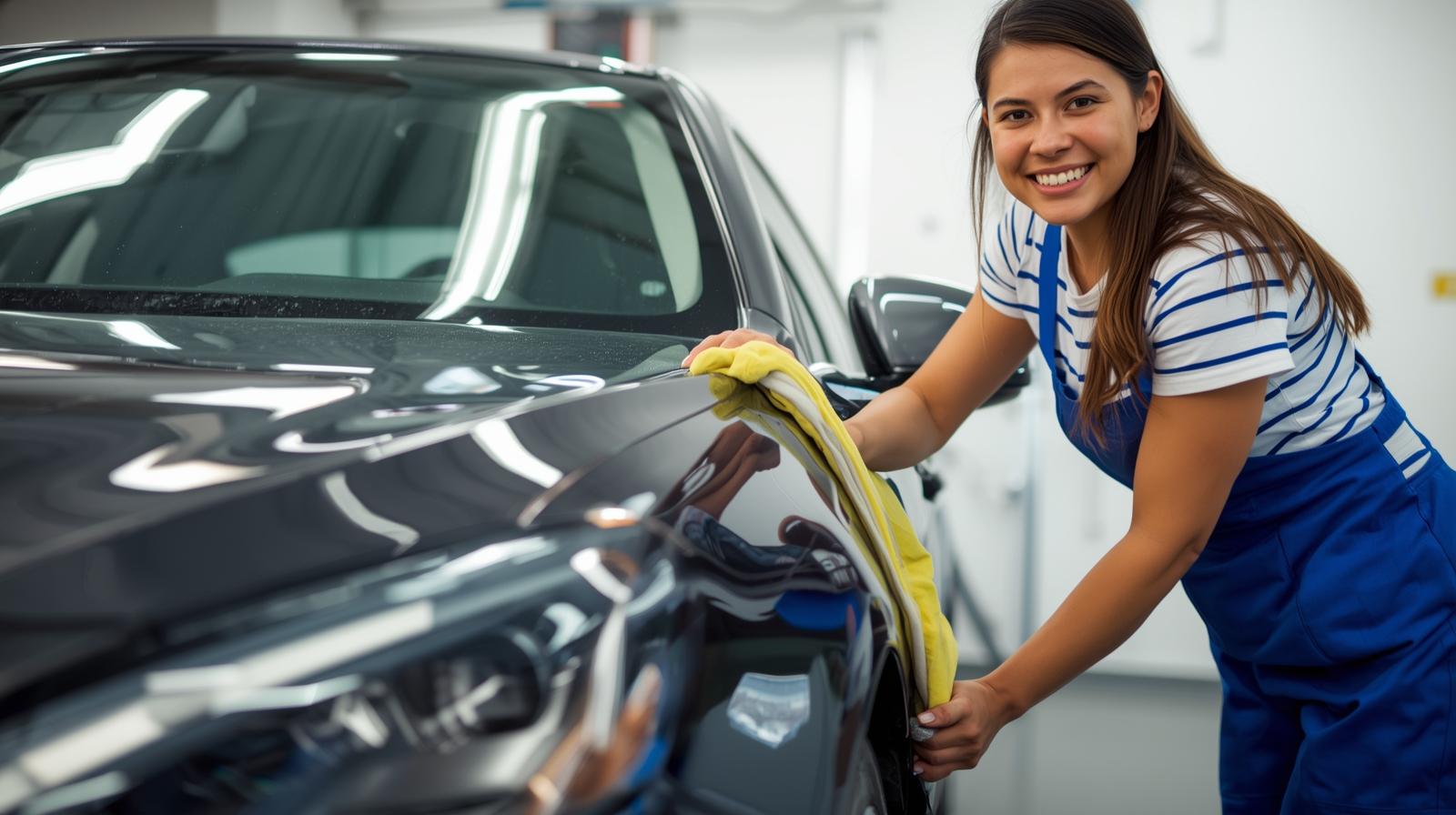 Kiran C
Kiran C
Congratulations on your recent private car purchase! You've navigated the process of buying a used car privately and driven away with a new-to-you vehicle. The journey doesn't end when you get the keys, though. The next crucial step is establishing a solid maintenance routine to ensure your car runs smoothly and reliably for years to come.
Unlike buying from a dealership, a private sale means the responsibility for upkeep falls squarely on your shoulders from day one. This guide will walk you through the essential steps to maintain your used car and protect your investment.
Once you've completed the process of buying a car privately in the USA, there are a few things you should do right away. Think of this as setting the foundation for your car's future health.
Even if you had the car inspected before your purchase, a thorough post-purchase inspection by a trusted mechanic is a smart move. This isn't about second-guessing your decision; it's about creating a baseline. A good mechanic will give you a complete picture of the vehicle's condition, identifying any minor issues that could become major problems down the line. They can prioritize necessary repairs and suggest a preventative used car maintenance schedule tailored to your car's specific make, model, and mileage.
You don't know for sure when the previous owner last serviced the vehicle. Start fresh by changing all the essential fluids. This includes:
Engine Oil: The lifeblood of your engine. Fresh oil and a new filter are non-negotiable.
Transmission Fluid: Critical for smooth gear shifts and longevity.
Coolant (Antifreeze): Prevents overheating and corrosion.
Brake Fluid: Essential for stopping power and safety.
Power Steering Fluid: Ensures easy handling.
Changing the engine and cabin air filters is also a quick and inexpensive way to improve performance, fuel economy, and air quality inside the car.
Promptly handle the title transfer and registration with your local DMV. This is a critical step to legally prove ownership. At the same time, secure car insurance. Having continuous coverage is not only legally required but also provides financial protection from the moment you take possession.
Consistent care is the secret to getting the most out of a used car. After you buy a used car from a private seller, a proactive approach to maintenance will save you money and prevent unexpected breakdowns.
The owner's manual is your car's instruction booklet. It contains the manufacturer's recommended service intervals for everything from spark plug changes to timing belt replacements. If the car didn’t come with a manual, you can usually find a digital version online with a quick search of the vehicle's year, make, and model.
Tires: Regularly check your tire pressure, as properly inflated tires improve fuel efficiency and handling. Inspect the tread for wear and get your tires rotated every 5,000 to 7,500 miles to ensure they wear evenly.
Brakes: Pay attention to any squeaking, grinding, or changes in how the brake pedal feels. Have your brake pads and rotors inspected regularly by a professional. A safe private car purchase is followed by safe driving, and good brakes are key.
Battery: Look for corrosion on the battery terminals and clean it off if necessary. Most car batteries last 3-5 years. If you notice your car is slow to start, have the battery tested.
Lights and Wipers: Periodically check that all exterior and interior lights are working. Replace wiper blades annually or as soon as they start streaking, as clear visibility is a major safety factor.
Maintain a log of all maintenance and repairs. This can be a simple notebook in your glove compartment or a spreadsheet on your computer. Detailed records are invaluable for tracking your car’s history, and they can significantly increase its resale value when it’s time to sell again.
The process of buying a used car privately can lead to a great deal, but the real value is realized through diligent upkeep. By investing a small amount of time and money in regular maintenance, you prevent small issues from becoming costly, complex repairs. You build a relationship with a trusted mechanic, ensure your vehicle is safe, and enjoy the peace of mind that comes with a reliable ride. Your proactive care turns a good private car purchase into a fantastic long-term investment.
While the old rule was every 3,000 miles, most modern vehicles can go 5,000 to 7,500 miles or more between oil changes, especially with synthetic oil. Check your owner's manual for the manufacturer's specific recommendation for your car's make and model.
It can be, but you must read the fine print. An extended warranty can provide peace of mind by covering major unexpected repairs. However, weigh the cost of the warranty against its coverage, deductibles, and limitations to decide if it's a good value for your specific vehicle and financial situation.
Immediately after purchase, the most important task is to get a comprehensive inspection from a trusted mechanic and change the oil and filters. This establishes a clear baseline of the car's health and ensures the engine is protected from day one of your ownership.
Both have their pros and cons. Dealerships have brand-specific expertise and parts, but often charge more. A reputable independent mechanic can offer more competitive pricing and build a personal relationship with you and your vehicle. For routine maintenance, a trusted independent shop is often the most cost-effective choice.